Casgevy, the World’s First CRISPR-Based Therapy
The realm of cell and gene therapy has just been marked by a groundbreaking regulatory approval: the first ever CRISPR-based gene therapy. On November 15, 2023, a pivotal moment unfolded as the United Kingdom’s drug regulatory body granted authorization for the utilization of Casgevy (exa-cel) as the world’s premier CRISPR-based therapy, specifically tailored for the treatment of sickle cell disease and β-thalassaemia. This momentous development swiftly followed the United States FDA Advisory Committee’s convening on November 7, 2023, which deliberated over the regulatory application put forth by Vertex Pharmaceuticals and CRISPR Therapeutics for exa-cel.
SCD affects 1 in every 365 Black or African American births, causing red blood cells to clump and leading to downstream anemia, organ damage and premature death. The FDA Advisory Committee recently discussed this groundbreaking therapy, aiming to assess its safety, efficacy, and potential long-term impacts.
The exa-cel trial, initiated in 2018 by CRISPR Therapeutics and later sponsored by Vertex, employs CRISPR-Cas9 to disrupt the BCL11a gene, which inhibits fetal globin production. As an ex vivo therapy, this strategy aims to alleviate the effects of the SCD mutation in the beta globin gene. Clinical results from treated patients, notably Victoria Gray, have shown promising outcomes, leading to an FDA Prescription Drug User Fee Act (PDUFA) final decision on approval set for December 8, 2023.
Off-target Genetic Changes Bring Long Term Uncertainties
The FDA convened a panel of experts to evaluate the therapy, focusing on off-target genome edits and potential risks associated with them. Genome editing experts highlighted the complexity of off-target edits, which emphasized the need for careful design and screening of guide RNAs (gRNA) to minimize risks to patients.
Dan Bauer, MD, PhD, a hematologist at Boston Children’s Hospital who led early studies, highlighted a specific off-target site relevant to the Vertex trial that raised concerns about potential DNA rearrangements. The predicted rearrangement was indeed detected, at a low frequency of 1 in 600. However, the significance of these rearrangements remains uncertain, stressing the importance of long-term follow-up studies to assess their functional consequences. Chromosomal rearrangements have been linked to cancer.
Vertex presented comprehensive safety data, demonstrating meticulous screening and minimal off-target editing. The company’s strategy aimed to limit exposure to CRISPR, select unique target sites, and optimize gRNA for efficacy and specificity.
Physicians involved in the trial attested to the transformative clinical benefits observed in treated patients, emphasizing the urgent need for curative treatments for SCD. Patients shared their struggles and hopes for transformative therapies during the public statements session, underscoring the immense unmet medical need in the SCD community.
The panel of experts acknowledged the benefits of the treatment but highlighted the importance of continued monitoring and post-treatment follow-up studies, especially in assessing potential off-target effects in treated patients. They suggested molecular follow-up and monitoring of edited cells over time to ensure safety and assess any changes to genome integrity.
Ultimately, while acknowledging the uncertainties, the panel expressed the importance of advancing therapies for SCD, considering the significant unmet medical needs. The FDA’s decision on the therapy is expected within the next six weeks.
Single-cell DNA Analysis Can Bring Valuable Post-Treatment Insights
The utility of single-cell genome editing analysis can bring valuable insights into the safety and efficacy of CRISPR-based therapies like exa-cel through high resolution drug characterization during early development as well as post-treatment follow-up studies in the longer term. During development, single-cell analysis can ascertain CRISPR-induced changes such as percentage of edited cells,, zygosity of edits to confirm biallelic genetic modifications, or confirmation of off-target edits. Post-treatment, these analyses can track these changes in edited cells over time.
“Recent strides in approving Casgevy as the world’s first CRISPR-based therapy for sickle cell disease and β-thalassaemia is highly encouraging. The precision of CRISPR-based treatments is transformative, yet it’s crucial to address potential off-target genetic changes and chromosomal rearrangements early in the process, as well as post-treatment. Mission Bio’s single-cell Tapestri Platform emerges as a critical asset, empowering drug developers with the means to meticulously identify and understand these events, ensuring the safety and efficacy of such pioneering therapies.” – Todd Druley MD PhD, Chief Medical Officer at Mission Bio
Mission Bio also participates in the National Institute of Standards and Technology Genome Editing Consortium. This milestone collaboration includes industrial, academic, and government laboratories that aim to enhance the confidence in utilizing genome editing technologies across research and commercial products.
While the potential risks of off-target editing remain a concern, the pressing need for effective SCD treatments urges continued research, monitoring, and careful consideration of the benefits against the risks in advancing such transformative therapies.
Sources
https://endpts.com/uk-approves-vertex-crispr-therapy-for-sickle-cell-disease-beta-thalassemia-in-world-first/











